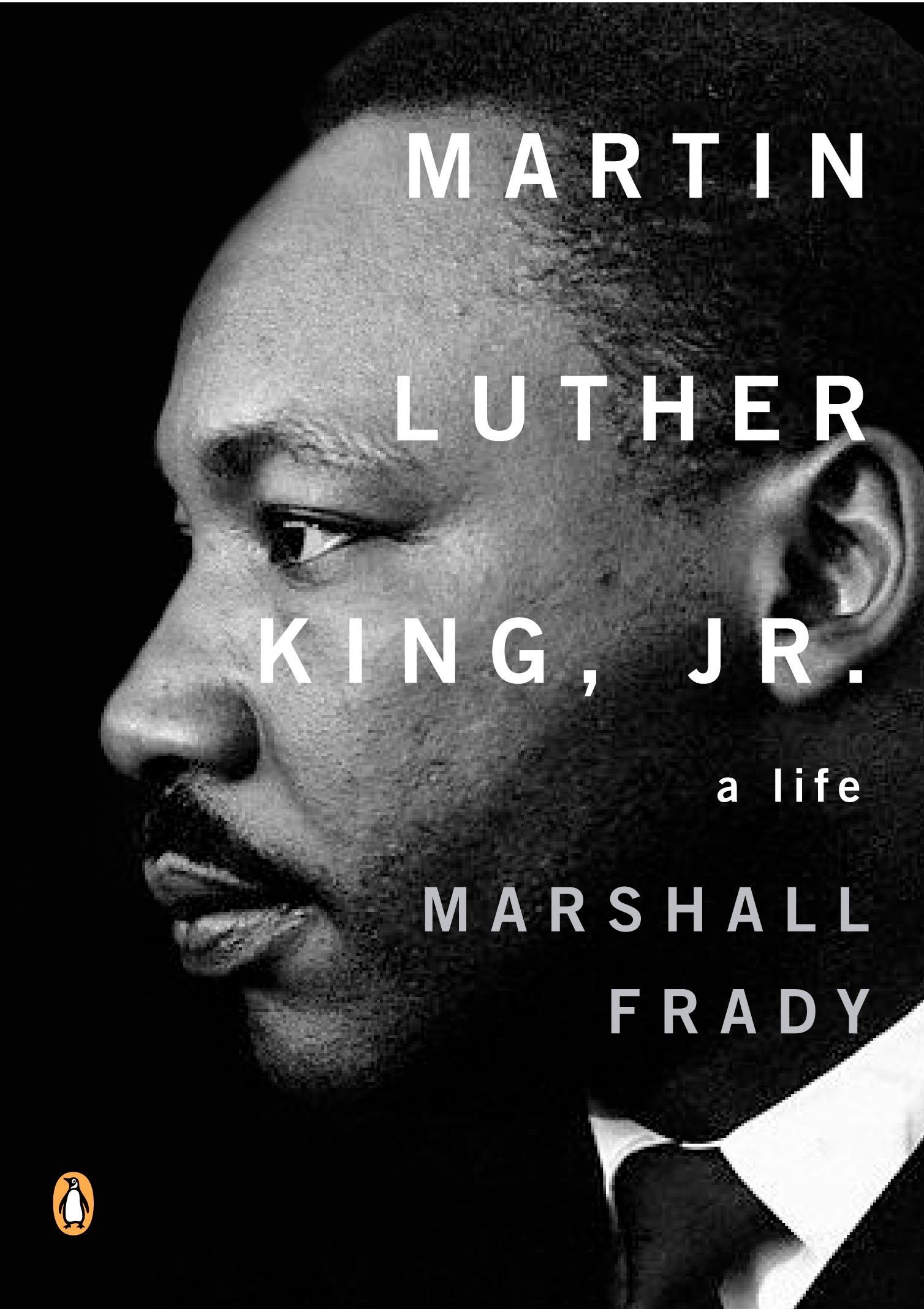Book Review - Martin Luther King, Jr.: A Life
In the opening pages of his excellent biography, Martin Luther King, Jr.: A Life, author Marshall Frady writes, “To hallow a figure is almost always to hollow him. And the truth is, King was always a far more excruciatingly complex soul than the subsequent flattening effected by his mass sanctification.” As the book unfurls, Frady’s clear goal is to sketch King as he was, not as we would wish him to be. In this, Frady succeeds, and his book is all-the-more engrossing as a result. Frady himself was a journalist and author who covered King throughout the course of the Civil Rights movement. In essence, he had a ringside seat.
Since his assassination in 1968, Martin Luther King Jr. has become something of a marble man - a saintly character who can only be spoken of in hagiographic language. As a tour guide who makes frequent stops at DC’s MLK Jr. memorial, I certainly fall into this trap when I talk about King with guests (although it’s understandable since the memorial is dedicated to uplifting his memory and is centered on a massive carving of King … in marble). Originally published in 2002, I picked up Frady’s book about a year ago during a visit to the Howard University bookstore, in the hopes of deepening my knowledge and appreciation of King the man. It did.
The truth is, King was no angel, and perhaps Frady’s narrative came as a welcome read precisely because brother Martin’s frailties and failings are included. Some of it makes King more relatable; he smoked too much and used alcohol to cope with stress; he struggled with aloofness, vanity and was a frequent, unrepentant plagiarist of others’ work in both his speeches and writings.
The love of King’s life was a white woman whom he dated in college yet ultimately chose to leave out of fear that a mixed marriage would derail his career path as an aspiring black pastor. King also had a lifelong battle with crippling feelings of guilt - a sensation so profound he even made a half-baked attempt at suicide after the death of his grandmother.
Frady offers a frank appraisal of King’s sexual compulsiveness. His countless affairs typified a harmful appetite which marred King’s marriage and endangered the movement he helmed. As a reader, you get the distinct sense that if King’s story was placed nearer our own time, the realities of his personal life would have led to his public destruction. Perhaps deservedly so.
But make no mistake, Marshall Frady’s book is no hit piece. Quite the contrary. King’s extraordinary accomplishments become even more impressive when you realize that he was hewn from the same crooked timber as the rest of us. The timeline of King’s career is striking. He was not a man of continuing ascendancy, moving from strength to strength. There were peaks and valleys.
King’s extraordinary accomplishments become even more impressive when you realize that he was hewn from the same crooked timber as the rest of us.
His inspired leadership during the Montgomery bus boycott surprised even him (he thought himself unequal to the task) and he was catapulted into international renown. Years of mediocrity would follow as King struggled to balance his celebrity with effective advocacy; a dimming star. The defeat of Bull Connor in Birmingham ultimately re-established King’s centrality in the Civil Rights movement and the march from Selma to Montgomery cemented his legend. Yet he struggled to replicate his successes elsewhere. His efforts at racial reform in St. Augustine, Florida met with dismal results and he alienated Mississippi supporters in the lead-up to the 1964 presidential campaign with ham-fisted negotiations with the Democrat party power-brokers.
Throughout, King remained steadfastly non-violent (perhaps his greatest feat considering the social upheaval and radicalizing pressures of the 1960s). He deftly outmaneuvered the FBI and J. Edgar Hoover’s personal crusade to destroy him, won a Nobel Peace Prize and quixotically tilted at windmills during the final phase of his life with the Poor People’s Campaign.
All this in a biography that can be consumed in a few short sittings. Well done Mr. Frady. Hopefully I’ll be a better tour guide as a result of my reading.

